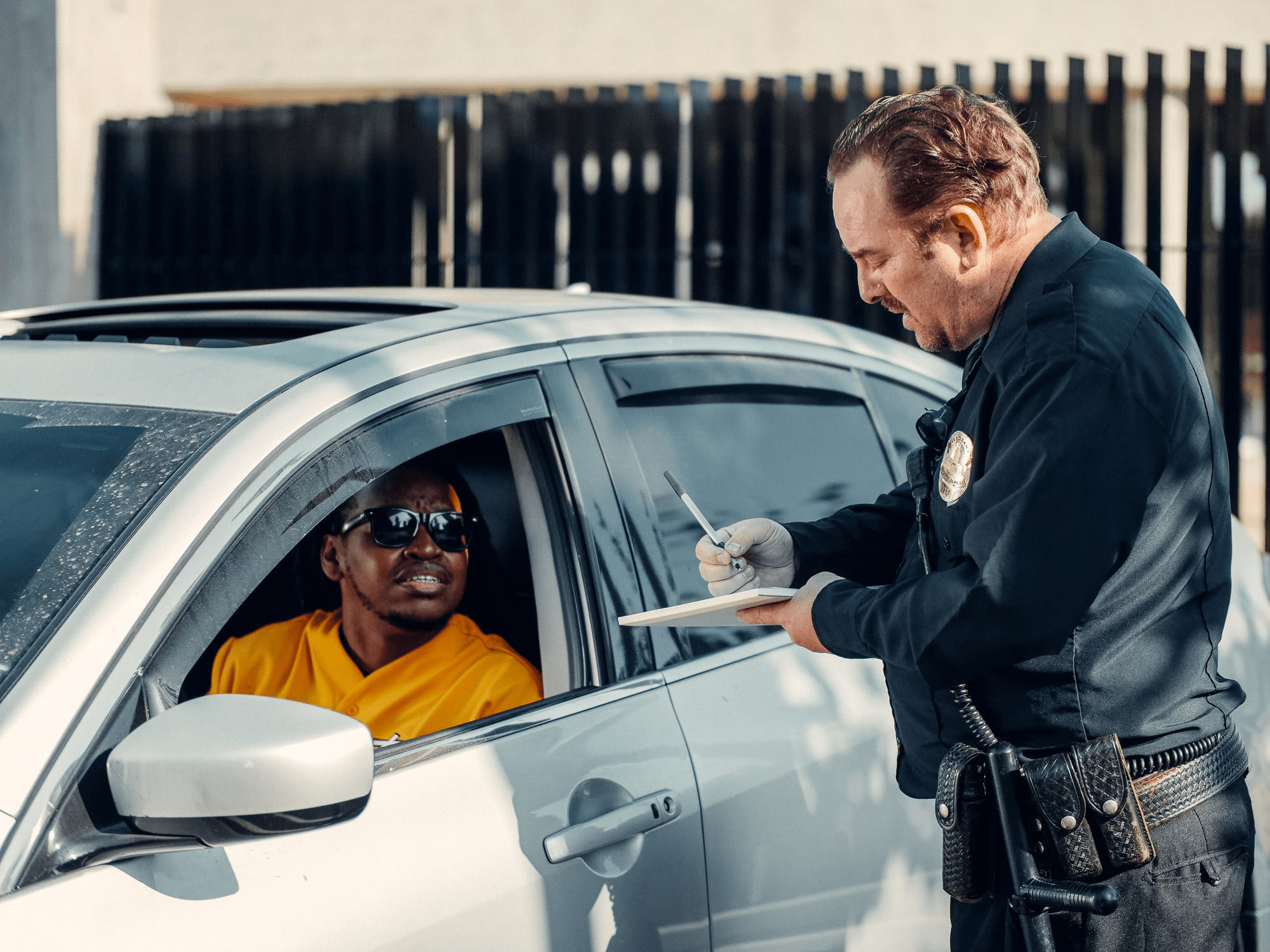
It’s never a good feeling when you’ve been stopped and handed a speeding ticket. Your chances of getting a ticket can be higher if you’re driving out of state due to being unfamiliar with the roadways or where you are going. Each state is different in how they handle it when a driver from out of state gets a ticket. The process definitely can become more complicated, with regard to the options available to you.
At Ticket School, we always encourage our customers if you are given the option of taking a course to dismiss a ticket that is the best option. However, the option always exists to simply pay the ticket. The question with choosing that option is whether the cost is the only penalty or if that ticket can find its way to your driving record in your home state that may cause points to be added or your insurance premiums to go up.
Potential Consequences of an Out-of-State Speeding Ticket
If you get a speeding ticket in another state, the rules in your home state typically apply. There are always exceptions, and it depends on what your home state is, but normally if you get a ticket outside of your home state and you pay the fine, the following might occur:
- Get Points on Your Driver’s License: In New Jersey, violations from another state result in two points on your license, while minor traffic violations won’t be put on your record in Colorado or Pennsylvania. However, in Maryland and Nevada, violations are recorded but points are not assessed for out-of-state violations.
In Florida and Texas, chances are your insurance premiums will increase, but in New York, you won’t be penalized for a speeding ticket from another state, but you will be assessed for points if ticketed in Ontario or Quebec, Canada.
- Your Insurance Might Go Up: This depends on whether your state records violations received from another state and the severity of your offense. Also, some states don’t permit insurance companies to increase a driver’s rates after a single moving violation.
How Does My State Know I Got a Ticket?
The Driver’s License Compact, or DLC, includes 45 states, with the exception of Georgia, Michigan, Massachusetts, Wisconsin, and Tennessee. All members of the DLC have agreed to report traffic convictions to a violator’s home state. The infraction is basically treated the same as if it occured at home. If your home state has a traffic violation point system, your local Department of Motor Vehicles or related agency will assess points, while any fines issued are collected by the state where you were cited for the violation.
The Nonresident Violator Compact, or NVC, includes all states except California, Alaska, Montana, Oregon, Michigan, and Wisconsin, making the last two states the only ones not members of either agreement. Generally, the state where the violation occurred is limited in enforcing payment. However, any state that’s a member of the NVC can suspend your license if you fail to pay, for example, an out-of-state speeding ticket.
Can I Fight an Out-of-State Ticket?
You can; however, you or your attorney must appear in traffic court multiple times in the state the violation was issued. If you don’t live close to the state line, this might not be convenient. Some states let drivers contest traffic tickets online using a written declaration, which makes the process a little easier.
Ignoring the matter can have severe consequences. A speeding ticket is generally a serious infraction. Fighting it can let you avoid having more points added to your license, losing a job that requires a clean license, or paying more for or losing your insurance.
How an Online Driving Course Can Help

A defensive driving course offers many benefits while also improving your driving skills and safety. In several states, it can reduce points, dismiss tickets, and even lower your insurance premium. The course covers safe driving techniques and other skills, such as controlling speed, avoiding distractions, and reacting to drivers and conditions on the road. Better yet, most defensive driving courses are available online, 24/7, so they make it convenient to improve your driving record and obtain other benefits.
When you get an out of state ticket, many times the court or agency handling the citation will allow you to take a course in the state where you got the ticket, or in your home state, and turn that certificate in to dismiss the ticket to prevent it from being sent back to you home state driving record. If given the option to take a course, that is almost always the best option.
Sign Up at Ticket School
At Ticket School, we offer online driving courses from several states. These include Texas, Florida, Virginia, New York, Michigan, Louisiana, Tennessee, and Missouri. After completing your course, you’ll receive a certificate of completion, which you can present to the court, state DMV, or insurance company if you got an out-of-state speeding ticket or another violation. Register online today or call 800-558-9887 to learn more.
